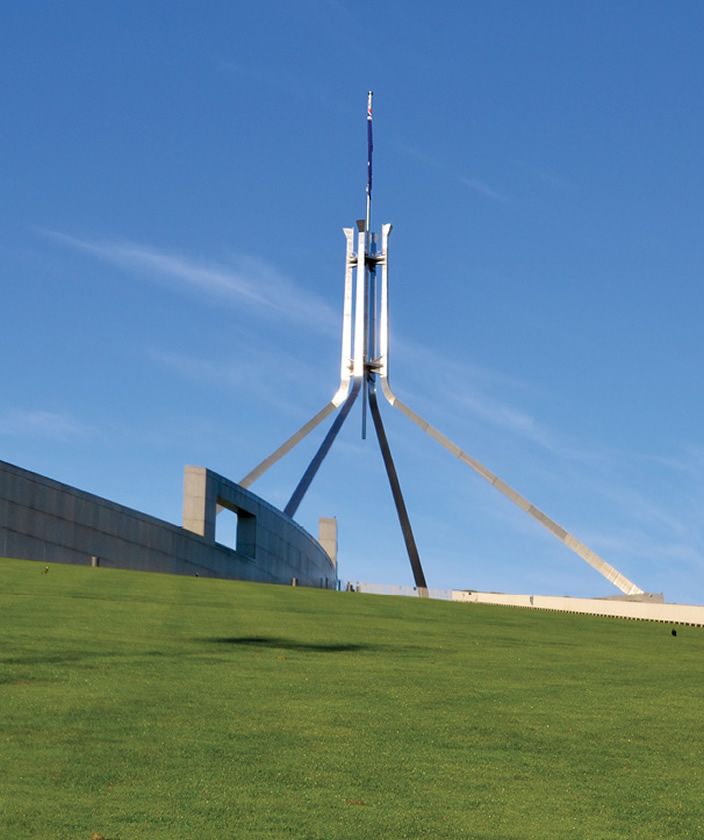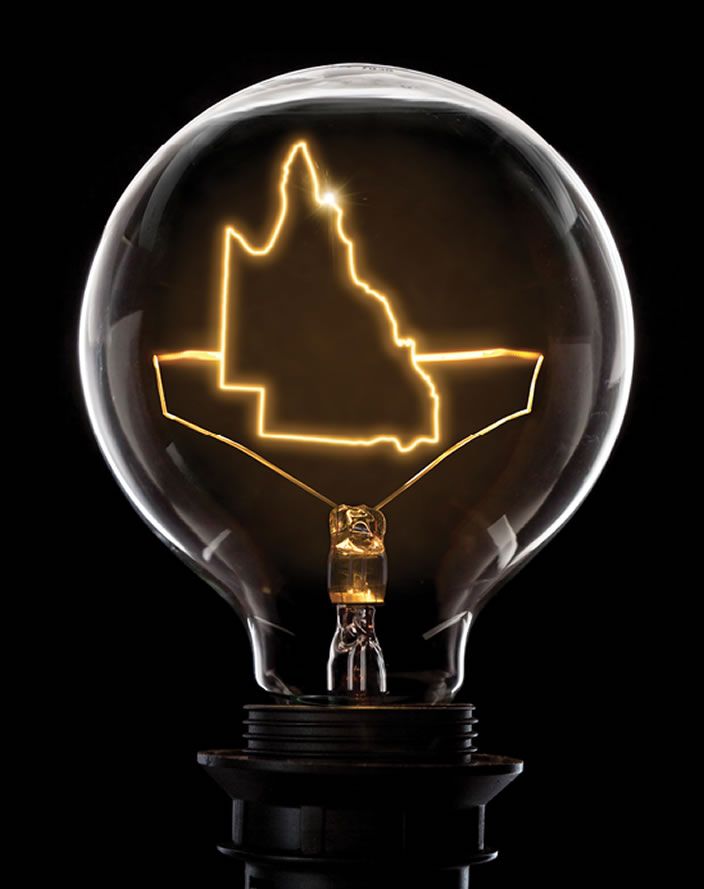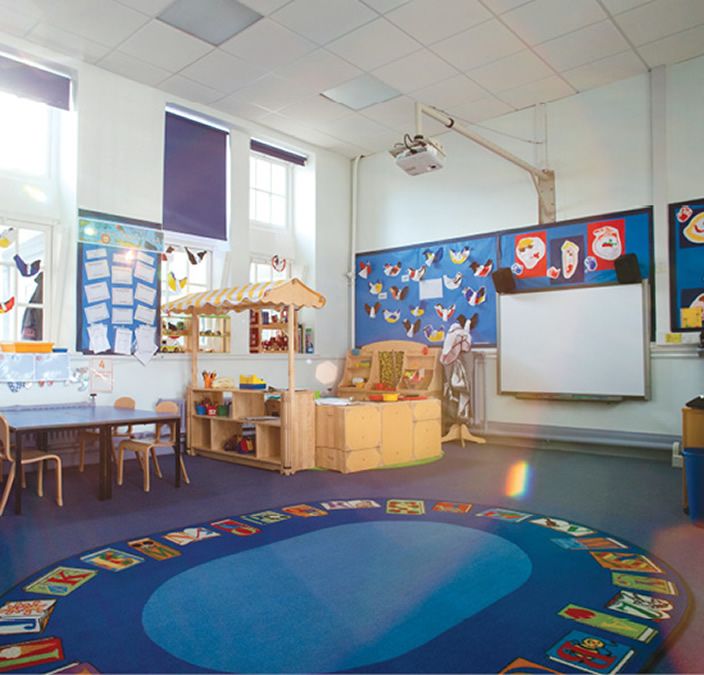
A new report, endorsed by all the states and territories, has called on the Federal Government to provide adequate and permanent funding for early childhood education.
Lifting Our Game, is the final report of a national education review on early childhood services – and backs continued investment in the early years to ensure Australian children do better at school and later in life.
The review, commissioned by state and territory governments, calls for a greater emphasis on education and to have the area better incorporated into education policy.
The Lifting Our Game report said the Commonwealth’s significant investment in early childhood education is “predominantly directed to facilitate parental workforce participation”.
“The review considers this to be a missed opportunity,” the report said.
“It is possible to reap a double dividend from this investment, to support a child’s learning and development as well as a parent’s workforce participation.”
The report also recognises the importance of a skilled and stable workforce in delivering a high quality early childhood education, and it points to the disparity of wages between early childhood teachers and their colleagues in school, and wages not reflecting the highly skilled and professional job performed by the early childhood workforce.
State governments should use the report to put a case for a long term agreement and commitment to funding from the Commonwealth, rather than short term packages.
This is an opportunity for the early childhood community to mount a campaign for ongoing funding.







































































































































